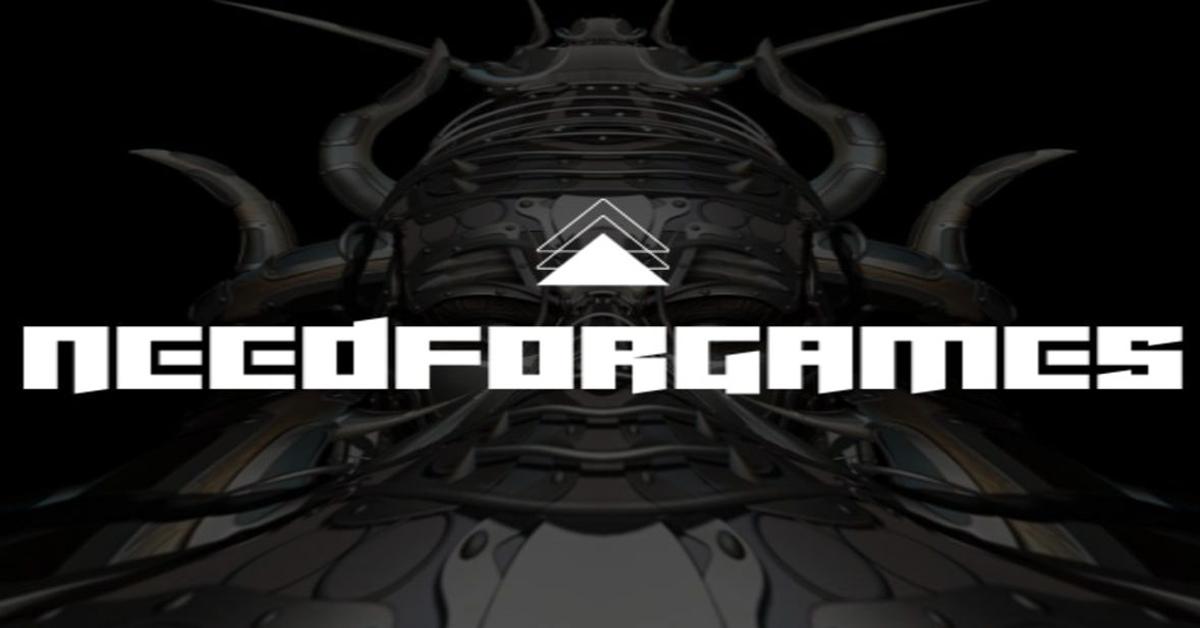The creator of FX's series says he's looking to draw more from the first two Alien movies and their retro-futurist approach.
When Ridley Scott released Prometheus, he made canon an element of the Alien series that fans had always speculated over. Prometheus and its sequel, Alien: Covenant, make it very clear that the alien that appeared in Scott’s 1979 original was an engineered organism, created by through the combination of a mutagenic black goo made by the alien civilization dubbed the Engineers, and the work of the murderous artificially intelligent android named David (Michael Fassbender).
But the upcoming FX Alien TV series by Fargo and Legion creator Noah Hawley is taking a different approach to the lore of the xenomorph. That’s despite the fact that Prometheus and Alien: Covenant are closer in the franchise timeline to the show, which is set 70 years in the future. (The original Alien is about 100 years in the future from today, with Aliens jumping an additional 57 years after that.)
On KCRW’s The Business podcast, as the Hollywood Reporter explains, Hawley said the Prometheus conception of the Alien’s origins were “not useful” to him in telling this new Alien story.
“Ridley and I have talked about this–and many, many elements of the show,” Hawley said. “For me, and for a lot of people, this ‘perfect life form’–as it was described in the first film–is the product of millions of years of evolution that created this creature that may have existed for a million years out there in space. The idea that, on some level, it was a bioweapon created half an hour ago, that’s just inherently less useful to me.”
Hawley went on to talk about how Prometheus and Alien: Covenant treat technology as compared to Alien and Aliens. The latter, which came out in 1979 and 1986, utilize a more retro-futuristic style based on the tech of the time, making much of it feel a lot less useful in a crisis. Compared to the high-tech, holographic computers and gear of the prequels, Hawley suggests that leaving his characters with worse tech will make the story scarier.
“And in terms of the mythology, what’s scary about this monster, is that when you look at those first two movies, you have this retro-futuristic technology,” Hawley said. “You have giant computer monitors, these weird keyboards … You have to make a choice. Am I doing that? Because in the prequels, Ridley made the technology thousands of years more advanced than the technology of Alien, which is supposed to take place in those movies’ future. There’s something about that that doesn’t really compute for me. I prefer the retro-futurism of the first two films. And so that’s the choice I’ve made–there’s no holograms. The convenience of that beautiful Apple store technology is not available to me.”
All that suggests that Hawley’s conception of the story will be a lot more similar to the feel of the original two films than Scott’s newer ones. They’ll still explore some of the same ideas as what Scott has gotten at with Prometheus and Covenant, though.
Hawley described the Alien stories as a humanity’s battle between the natural, animal world and the world of its own making. That’s pretty similar to where Scott’s mind has been in the prequels, as he’s leaned hard into the idea of humanity’s AI creation turning on its creators.
“The thing with Alien is that it’s not just a great monster movie. It’s the story of humanity trapped between its primordial parasitic past and its AI future, and they’re both trying to kill us. So, there’s nowhere to go. It’s really a story of does humanity deserve to survive? Does humanity’s arrogance in thinking that we’re no longer food and its arrogance in creating these AI beings who we think will do what we tell them–but ultimately might lose their mind–is there a way out?”
There’s no news yet on when we can expect Hawley’s Alien show, which had its filming delayed by the SAG-AFTRA strike in 2023.
